The mutual contempt between liberal arts students and science students from the perspective of translation sociology
Recently, there was an uproar because of a central bank paper that included the sentence "The reason why Southeast Asian countries fall into the middle-income trap is that there are too many liberal arts students". It also aroused heated discussions in public opinion about "whether liberal arts are useless". As we all know, science students and liberal arts students in our country have always been at odds. The former despised the latter for being illogical, while the latter despised the former for being illiterate. However, in the online debate, science students are more confident. After all, many liberal arts students choose liberal arts because they are not good in science, and the debate is a little less "theoretical confidence".
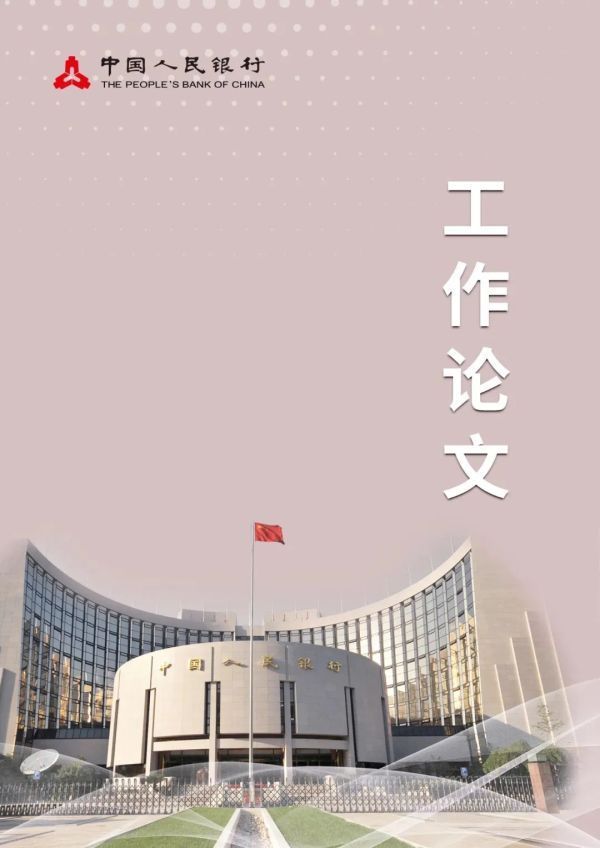
I may be more alternative. The subjects I am good at in middle school are Chinese, history and mathematics. Although he was admitted to Fudan Mathematics Department, he did not do well in mathematics, but got the highest score in Chinese and composition. After graduating from the mathematics department, I read statistics first, and finally transferred back to the history department. In the past two days, many friends have asked me what I think of this public opinion debate, "Are liberal arts students really useless?". I don't want to debate the importance of the liberal arts or the sciences, nothing new, just too broad. But I think most people seem to tacitly acquiesce that both sides have no objection to the connotation of liberal arts or sciences when debating for liberal arts or sciences, and ignore an important pre-existing question:
Are the translations of "humanities" and "science" accurate? If not accurate, where is the mistake? How does the error mislead our imagination of liberal arts and sciences?
The Misunderstanding of "Humanities" and "Science" and Its Causes
Although the division of contemporary liberal arts and sciences refers to the Western education system, there is no standard translation in English. For example, liberal arts seem to include Arts, Humanities, and Social Sciences in British and American schools, while sciences include Natural Sciences, Applied Science, and Mathematics. There are also ambiguities between these categories, such as whether mathematics is a science, and whether anthropology is Humanities or Social Sciences is controversial. However, from the perspective of the full name of the liberal arts, "Humanities and Social Sciences", it seems to be a translation of Humanities and Social Sciences. Then the "wen" of the liberal arts should originate from Humanities.
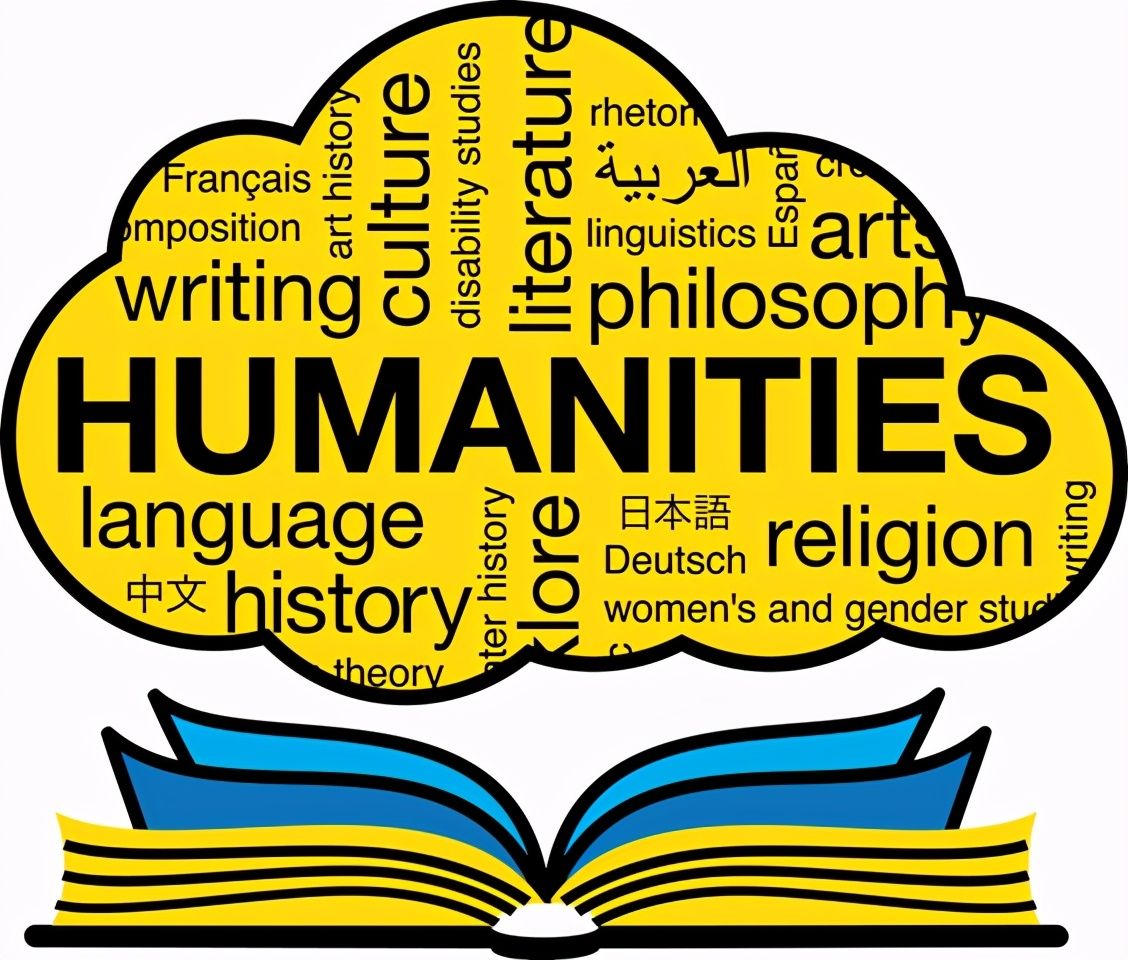
But the word "humanities" comes from "Book of Changes": "The intertwining of rigidity and softness is astronomy; civilization ends, and humanities are also human. Observe the astronomy to observe the changes of time, and observe the humanities to transform the world." The humanities here are the same as astronomy, It is a compound word with partial meaning, and the emphasis is on "people" and "heaven", not "wen". There are also hydrology and geology in ancient texts, both of which are the study of water flow and geology, and have nothing to do with "culture". In fact, Wentong "wen", so the activities of astrology, water flow, and earth veins are all affixed with "wen", a morpheme representing context. Therefore, we can say that it is wrong to simplify "humanities" into "wen". After all, we do not regard astronomy, hydrology, and geology as "humanities". The connotation of the so-called "humanities" today should be "humanities", which is in line with the spirit of Humanities , which was used to refer to activities and culture in secular society during the Renaissance, as opposed to theological studies.
The "li" of science has a similar problem. As the saying goes, "one knows astronomy from the top, and geography from the bottom." The text and principle here are actually synonyms. Geography and terrestrial texts have similar connotations in ancient texts, but in modern texts, geography is used to translate geography, and terrestrial texts are used to refer to physiography, which forms a difference. Literature and Li do not constitute a set of oppositions in ancient prose. The opposite of "wen" is "quality" (literature wins quality, history, quality wins Wen Zeye) or "wu" (wen and martial arts), and the opposite of Li is "Desire" (preserving the principles of heaven and destroying human desires). "Reason" has nothing to do with the positivism emphasized by scientific methodology.
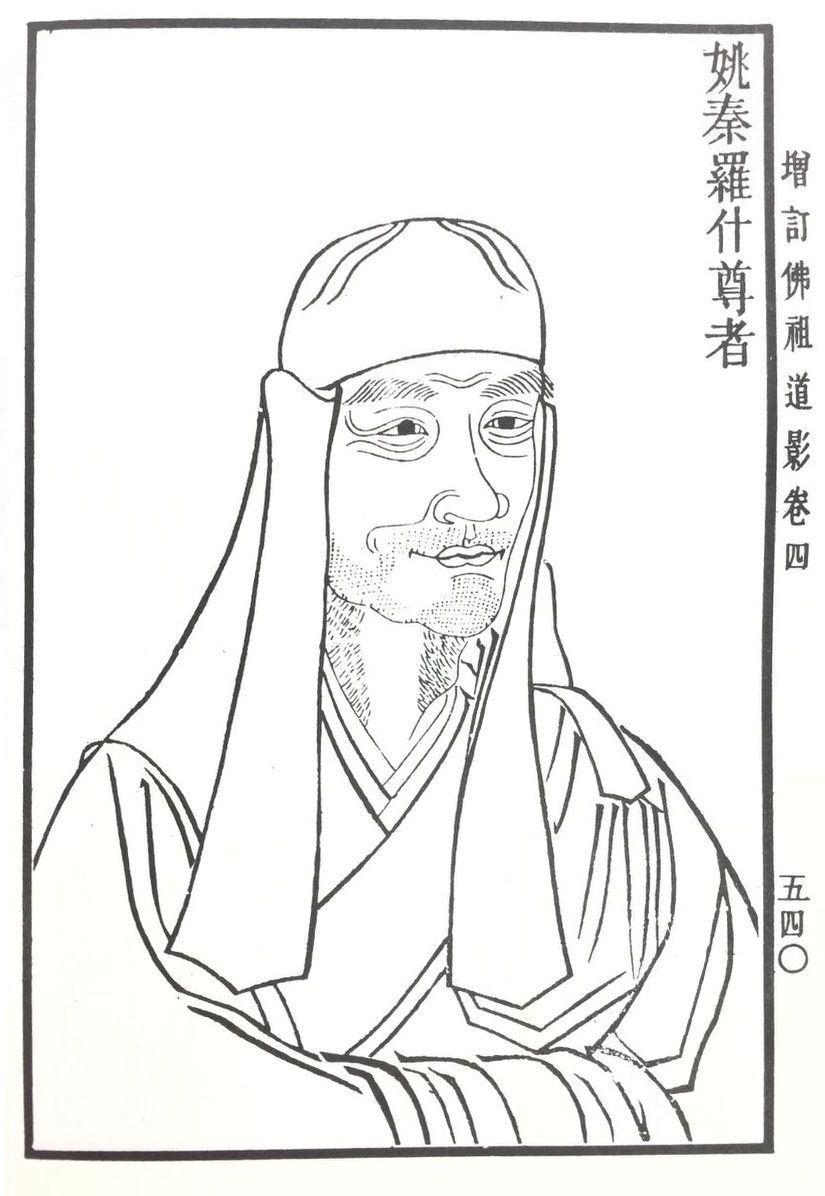
But language is an inexorable process, and historians cannot simply say that a phenomenon or concept is "wrong," but should pursue further why it is so. Specific to the translation of "humanities" and "science", its origin lies in the imperial examination system that has lasted for thousands of years. Although people today regard "humanities" as the abbreviation of "humanities and social sciences", "humanities", like "humanities", has existed since ancient times. The imperial examination system divides the examinations into two lists, namely, literature and martial arts. Interestingly, in the early days of the imperial examination, the Tang Dynasty once included "arithmetic science" into the imperial examination, that is, "humanities". At the end of the Qing Dynasty, due to the current situation, the Qing court promoted the reform of the imperial examination. In 1887, he rejoined the science of mathematics. In 1898, he opened the "special economic department" covering politics, economics, science and technology, science and technology, military affairs, and diplomacy. These included many "science subjects". "The content of the test was also classified as "liberal arts" at that time. Because the opposite of the imperial examination "humanities" was "martial arts" rather than natural sciences.
The reason why the word "humanities" has been confusedly degenerated from a general term of knowledge to a translation of humanities is actually due to the inertia of this kind of imperial examination thinking. In 1902, the Qing court abolished the martial arts, and three years later abolished the imperial examinations completely. However, due to the inertia of thinking, the imperial examinations emphasized writing articles (and to some extent involved in the fields of history, politics, and philosophy in the humanities and social sciences), but most of the time, it had nothing to do with the typical "science subjects" such as mathematics and physics. Therefore, based on inertia, the name-holders regard the Western novelties in their eyes as the sciences that are opposed to the liberal arts, and regard those similar to the coverage of the imperial examination as "the liberal arts". However, the "wen" here has already been stained with the eight-part flavor of the imperial examinations, which emphasizes recitation and neglects analysis.
If you say with words, the so-called "humanities" and "science" today can be collectively called liberal arts. After all, the traditional "literature" of the imperial examinations is opposed to the "wu" of fighting on horseback. Intellectuals have no rationale, and they are not martial arts in essence. An ironic example is that, with the abolition of the imperial examinations, China's literary tradition was gradually lost (the candidates for the college entrance examination lacked accumulation, and their works and influence were not comparable to those of the imperial examinations), and the connotation of the word "article" in the academic circle gradually narrowed to: Papers. In the sense of publishing papers, scientific researchers are obviously also "making a living by writing." Strictly speaking, everyone is a "humanities student", but the "martial arts" as the opposite has been cancelled. Therefore, based on the inertia of thinking, the translator regards sciences as the opposite of "humanities".
The Misleading Translations of "Humanities" and "Sciences"
Some people may think that even if the translation is wrong, it does not matter. Names are sufficient as long as they are distinguishing. This sentence is half right and half wrong. Saussure, the founder of linguistics, believes that the referential relationship between the signified (language sign signifier) and the signifier (the concept signified by the linguistic sign) in language is only established by chance, There is no necessary relationship. For example, the pronunciation and spelling of the word humanities has nothing to do with its connotation. However, this argument is also criticized today. For example, Saussure apparently did not take into account the ideograms of Chinese, let alone the translation process from pinyin to ideograms. Choosing an inaccurate translation (signifier) will give How misleading the message (signified) it conveys.
Taking "humanities" as an example, translating Humanities into liberal arts, it is very easy to imagine "humanities" as textual analysis. In fact, not only domestic science students despise liberal arts so much, but many liberal arts teachers and students also understand liberal arts in this way. A direct consequence is that domestic liberal arts students naturally reject quantification, programming and other things that are labeled "reasonable". I have also met several visiting scholars in the domestic liberal arts, who often talk about "our liberal arts do not emphasize logic so much". Although they are only modest, they can also see the prejudice of liberal arts education itself against liberal arts.
In fact, regardless of who is more logical, a dissertation student or a science student, at least liberal arts research requires a more rigorous "sense of logic" than science. The reason is very simple, the logic of science is explicit (explicit), an equation is miscalculated, the equation is not balanced, and the final step is naturally wrong (or the proposition cannot be proved). In other words, the mathematical form of science itself can help scholars find flaws in their thinking processes. The logic of liberal arts is implicit. Whether a eloquent statement is true or not, and whether an effective logical chain can be formed between historical materials, depends entirely on self-consciousness. The humanities in the United States are more theoretical and often have some counter-intuitive arguments. In the discussion class, there are comical scenes in which graduate students support the original work with "the views criticized by the original work" from time to time. This is obviously not a careful reading or misreading of the original work. The latter seems to be a bit more pathetic.
Give two specific examples. In the freshman Ma Zhe class, the teacher mentioned that things are infinitely divisible, and a student objected to "Although I am a liberal arts student, the middle school physics textbook says that the atom is the smallest unit of matter..." This is obviously "memory" rather than "memory". "Understand" the content of the textbook. The textbook says that "atom is the smallest unit that retains the chemical properties of matter", just like a human being can be divided into two, but the latter cannot exist as a social person, so "the human body is the smallest unit that retains the properties of a social human", but It does not mean indivisible in the absolute sense. Of course, the original meaning of the word "atomos" is indeed "indivisible", derived from the atomic theory of the ancient Greek philosopher Democritus (the world consists of indivisible smallest units). But this is not an atom in the physical sense.
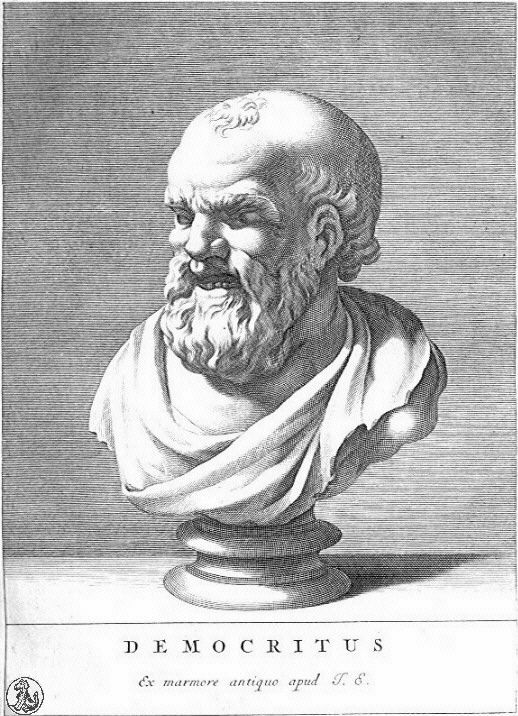
It is understandable to say that the previous example may confuse philosophical atomism with atoms in physics; the next example is even more speechless, and more typically shows how the prejudice of "humanities over logic" has brought about 's consequences. In a sociology class, read Bourdier's field theory. I found that both the field and the field of electromagnetism use the word field, and I deliberately compared the properties of electromagnetism with Bourdieu's analysis and found that they were quite similar. In the article "Why the Marking Team Leader Became a Small Town Homeworker", I shared this comparison:
"Field" is common in sociological theory, such as literary field, political field, etc. The most common questioning of this concept is, what is the difference between field and field in general? The biggest difference between the two is the change of perspective. When we say the field, we emphasize the actors in the field, such as "Director Chen and Director Li in the field of film", the subject of this sentence is the director, and the film is just the place where they work. However, if we want to study the film field, we should not study filmmakers, but an abstract film circle, how it exerts influence on specific filmmakers, as well as the power structure and fluidity of the circle itself. This is because the field is borrowed from the electric field of physics (both the original text is field). Bourdieu believes that the field can have macroscopic effects on the actors in it, but the actors themselves still have a certain agency; A current is generated along the direction of the electric field. In addition, as an objective substance, the electric field itself is the research object of physics. Therefore, when social theorists refer to the field, they also study the subjectivity of the field, rather than the field as a performance stage.
When the professor in the class asked how to understand the field, I also answered the same, which immediately attracted the objection of a domestic literature doctor. I thought she had some theoretical criticism, but I didn't expect the reason to be "I just turned the Introduction, and I didn't see Bourdieu saying that he referred to physics." It seems that I am analyzing the similarity between the field and the theoretical structure of the electric field. When talking about sex, she didn't listen to a word, but read the author's original words in the preface, as if this was the correct and only research method. At that moment, I felt as if she was engaged in Bible study. This example undoubtedly reflects the tendency of domestic liberal arts education to appeal to authority and despise analysis. Later, in Bourdieu's other writings, I saw that he did admit to being inspired by electromagnetic fields, but for me, observing and analysing the similarity of fields to electric field theory is far more important than examining Bourdieu's words without saying a word. More importantly, the latter is a matter of biographers, philologists or editions.

I'm now a "humanities student", so the prejudice about "humanities" is even more painful. But this kind of prejudice goes both ways. Not only do liberal arts students have a tendency to ignore logic and pile things up heavily, but science students also stay away from humanities and social sciences because of this stereotype of liberal arts, and call themselves "higher people who are more logical." Many articles defending the liberal arts talk about the profundity, criticality, and humanity of the liberal arts without thinking about why people are ridiculed and distanced from the liberal arts. One of the reasons is the poisoning of the terms "humanities" and "science".
Human and Physical Science: Research Orientation of Heterogeneity and Homogenization
So, for the opposition between Humanities and Sciences, is there a more appropriate translation than liberal arts and physical sciences?
In my opinion, it is better to translate it as "human subjects" and "physical subjects". Of course, some people will ask, literature is written text, why is it called human science? Medicine studies the human body, why is it called the Department of Physics? The "people" and "things" here are metaphorical. Literature is the study of "things as people", and medicine is the study of "people as things". In other words, whether the focus of a study is people or things, and its essence is our focus, whether it is a heterogeneous activity related to the human mind, spiritual world, and social practice; or is it a homogeneous physical activity in the natural world Laws, or homogenized parts of the human body (such as as living organisms).
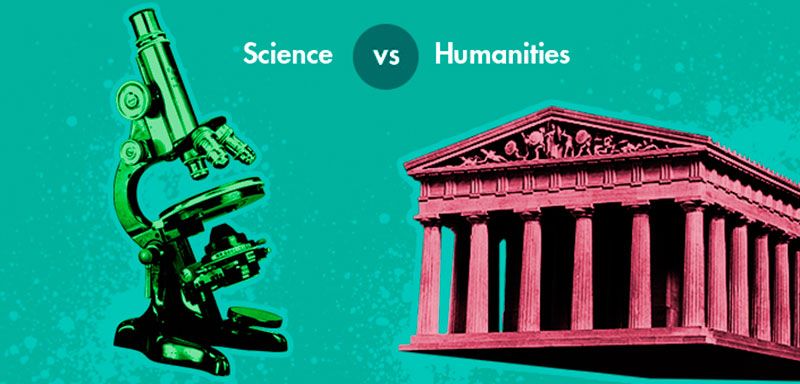
Regarding the difference between heterogeneity and homogeneity, a professor of physics can be cited. I asked him why physicists don't think about philosophical propositions like "Do electrons have free will", in case they think or even lose their temper? The professor said, I don't know whether electrons can think, but at least at the macroscopic level, whether electrons think or not does not affect our observations. After all, electrons themselves are also doing random motions, but they cancel each other out because of their isotropy. That is, regardless of whether electrons are "heterogeneous", based on our research interests, we can assume that they are homogeneous (except for special microscopic studies).
Natural science can also be roughly analyzed along this line of thinking. For any quantitative research, it is necessary to make the assumption of homogeneity of the research object. There are tens of thousands of laboratories doing scientific research in China and the United States every day. Everyone does not think that there is any essential difference between the American guinea pigs and the Chinese ones (of course, there are differences between individual mice, but in the sense of experimentation, this difference is ignored) . However, in liberal arts or "humanities" research, individual differences are not only difficult to erase, but highlighting their heterogeneity is the meaning of research. Taking anthropology as an example, it is very controversial whether anthropology belongs to Social Sciences or Humanities, because scholars have different perspectives on research objects. Anthropologists who are biased towards narratology think that anthropology belongs to humanities, and each story has its own meaning; those who focus on quantification (such as dividing people according to race, location, and income) regard it as Social Sciences.
In China, I rarely see people use "homogenization" or "heterogeneity" to distinguish between liberal arts and sciences, and more often use "whether mathematics is necessary" as a simple and crude standard. Of course, this will bring some tragedies. For example, domestic liberal arts students have crossed over to the "humanities" majors in the United States, but they are tortured by the quantification. One of my classmates in the Chinese department applied for a master's degree in Guoguan, and ended up taking a whole year of statistics courses. She thinks that since international relations is a branch of political science, and of course it is also a liberal arts, how can there be mathematics? Let's ignore the naming disputes between the thesis and science subjects for the time being. When we study international relations, we naturally have to face a huge amount of data and data. Why can't we use statistical knowledge and software? This is being misled by the "literature" of "literature". If we regard international relations as a "human subject", it is not difficult to understand. Compared with electrons in physics, the research objects of international relations are obviously heterogeneous. Different countries, organizations and multinational companies have their own interests and do not obey certain macroscopic "laws of physics"; Compared with disciplines such as criticism and art, which have more prominent personal characteristics, the research unit of international relations is still dominated by institutional organizations, which have a certain homogeneity within the organization and can be quantitatively analyzed. In any case, it is not one-size-fits-all that "liberal arts" is equivalent to having nothing to do with mathematics or numbers.
Epilogue
In fact, there is another reason why people take "humanities" and "science" as literal meanings, which is the gap between ancient writing and modern writing. When people see humanistic texts, they no longer think of the "literary pattern" in astronomy, hydrology, and geography, but naturally associate it with culture and civilization. Similarly, since "li" is used to translate "rationality" and "reasonable", it also drifts away from "wen" in terms of language sense, and focuses on logical speculation. It seems that we can easily accept the idea that "science students" speak logic, but we do not question whether its inverse proposition "humanities students don't speak logic" is true, but subconsciously acquiesce. On the contrary, "science students have no culture" is the same. This may be the root cause of the mutual contempt between the arts and the sciences, but whether it is logic or culture, it doesn't matter. In this sense, the reform of the imperial examinations in the late Qing Dynasty included humanities and social sciences, and science and engineering knowledge into the "humanities", but it had the enlightening effect of being crooked.
I put forward the classification of "humanities" and "materials", not to replace "humanities" and "science". When it comes to translation, I've always been conservative. Tang Xuanzang once put forward "five kinds of non-translation", which includes "follow the ancient times and do not translate (according to the previous translation method, without additional translation)." The formulation of liberal arts and science has a history of nearly a hundred years, and it was once subverted. It is neither possible nor necessary. However, if we introduce the concepts of "humanities" and "materials", or "heterogeneity" and "homogenization" when thinking about the respective emphases and values of "humanities" and "science", many problems may be self-evident.
As far as my own experience is concerned, the gap between domestic and foreign liberal arts education is probably far greater than the gap between science and engineering. This may be a bit counter-intuitive, because we have all kinds of "Masters of Chinese Studies", but there are very few Nobel Prizes in science and engineering. However, this illusion stems from the different nature of disciplines: the gap between science and engineering is explicit. There is a joke that says, "Only mathematics in the world will not fail you, because if mathematics can't be done, it won't work." Therefore, in the face of the containment of the United States, we often feel the gap in our technological strength. But the gap in the humanities is implicit. Hu Shi's so-called "dare to open up the atmosphere and not be the first" is a fact. On the occasion of the May Fourth Movement, as long as the question of Western humanities can be grafted into China, whether it is accurate or not, at least there will be a generation of masters. Science and engineering are much more difficult, because they are meant to compete with the world under the same set of standards. To make an inappropriate analogy, Fan Zhiyi complained about the men's basketball team in the previous Tucao conference, which triggered a counterattack by the men's basketball team. In his heart, he thought, "Do you deserve to scold me for the national football team?" In fact, many people ignore that basketball is quite niche in the world (China and the United States are more popular So let the Chinese people have an illusion), the national basketball team ranks 29th in the world and 4th in Asia, at most the national football team ranks 79th in the world and 9th in Asia. It just feels good to be behind closed doors in Asia, where basketball isn't a thing. The same is true for the liberal arts. When people put "Chinese philosophy" and "foreign philosophy", "Chinese literature" and "foreign literature" side by side, the liberal arts are already invincible. However, even if we don't talk about literature and philosophy, which are highly related to language, and only look at social science fields such as sociology, political science, and economics, compared with the achievements of Chinese in science and engineering, there is still nothing to say.
The reasons are not only educational, but also the hegemony of the United States and English at the level of knowledge production, which is beyond the scope of this article. Finally, I will conclude with my message in a group. This sentence is in response to a group friend's opinion that "humanities students are at least better than science students in basic courses such as Ma Zhe", and it also points out some of the reasons why I think "humanities" education is backward.
These "basic courses" of Ma Zhe can be counted against the elevation. Some liberal arts do not need to learn advanced mathematics, or only learn advanced mathematics C, but Ma Zhe also does not have A, B, C, liberal arts students who have more preparation in high school must have an advantage. But as far as research is concerned, the tragedy is that the high number is still the same high number, but Ma Zhe is not necessarily the same Ma Zhe. For example, if you are looking for a master or doctor in science and engineering (mathematics, physics, statistics), no matter how poor your skills are, you will always fully grasp the basic concepts of advanced mathematics, such as calculus. After studying Ma Zhe, there are still four years of college, and there are many people who have not read the original text or misread it. Of course, this is not to blame for the students. On the one hand, it is determined by the nature of the subject: although the domestic mathematics textbooks are not as good as those of the United States and the Soviet Union, the most side effect is that the learning is slower and less inspiring; a science and engineering student can learn Newton's three without reading Newton's original works. Laws and calculus; liberal arts are different. Many people criticize Ma Zhe as Leninism, or Leninism is not counted. If you don’t read the genealogy of the entire system, you can only go in the opposite direction, but this is exactly what high school education can’t carry. . If the liberal arts are narrowed down to ancient poetry, exegesis, and philology, which are strongly related to Chinese, then China still has an advantage; but such liberal arts are not enough to be juxtaposed with the sciences. Among the humanities and social sciences, history, sociology, and philosophy , political science, these are inseparable from theory. But the upstream of knowledge production is not in China.
Like my work? Don't forget to support and clap, let me know that you are with me on the road of creation. Keep this enthusiasm together!






